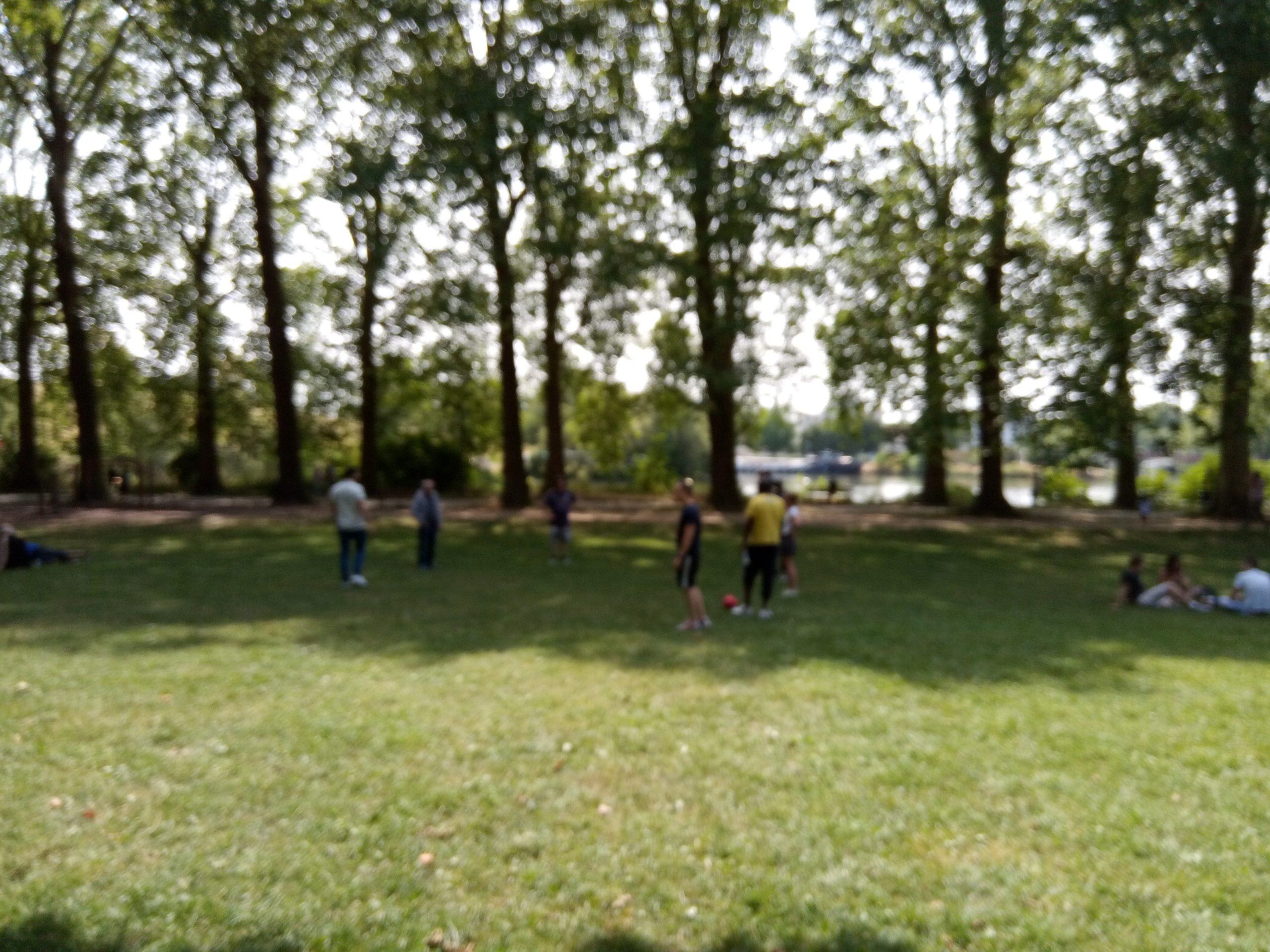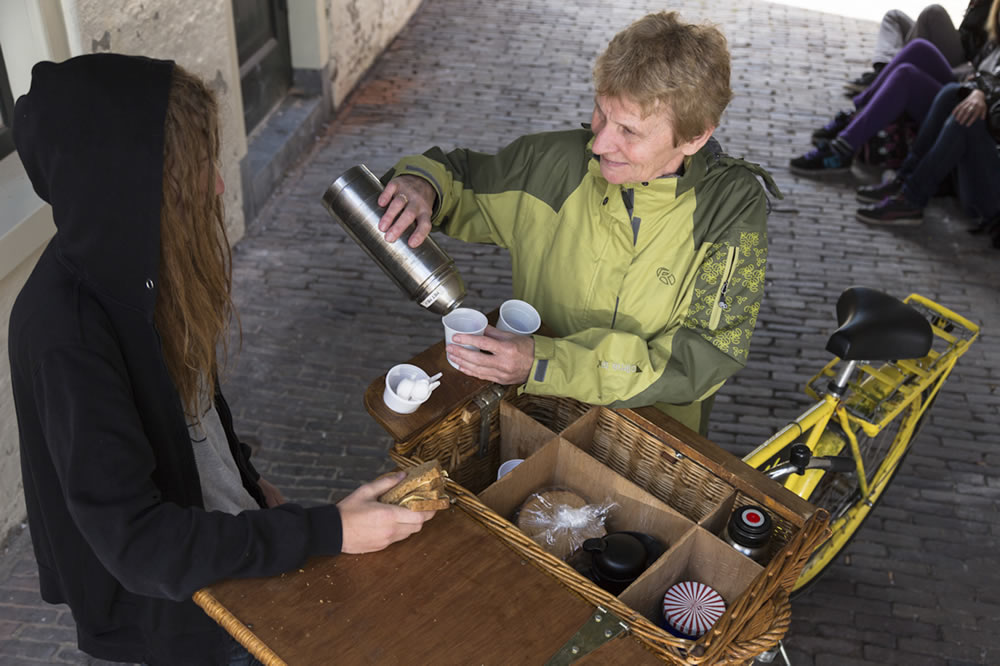Categorie: Sociale relaties
Van problemen naar liefde
Het verhaal van een cliënt: Van eenzaamheid naar verbinding
Verhaal verteld door Juan, frontline worker; Zonder liefde kan je niet leven
Carolina vertelt over een cliënt: Het belang van gevoelde emotionele communicatie
Samen sporten voor verbinding
Vrijwilligers en dankzeggingen
Het Kattenverhaal
A pet as an aid to the most severe loneliness and a way to re-establish contact with relatives
Mrs. Jitka’s husband died. He cared for her a lot, and after his death she couldn’t take care of herself. She didn’t know how to pay the rent, how to buy food, and eventually she lost her job and stayed on the street. Then she started drinking. First she got to the shelter, then to the social apartment.She and the social worker began working on debts and reconnecting with her daughter, whom she had lost during all these ups and downs. Jitka felt that her daughter had lost interest in her. Jitka began to have severe depression and anxiety. Jitka got into the care of a psychiatrist and then Jitka’s health began to improve. She also got to a psychiatric hospital, where her treatment was adjusted.
But in psychiatric hospital she began to realize that she felt terribly alone. That all the feelings she has are there because she lost contact with her father, her daughter, her sister. She was always used to an apartment full of people and now she is alone in a social apartment, she doesn’t even talk much to her neighbors and she no longer has contact with the church community where she used to go. Her only contact was a social worker.She lost her contacts due to depression. Jitka was afraid of people, of what they would say if they found out that she was drinking and that she was on the street and that she lived in a social apartment. She perceived it as a stigma and a failure in life. She also had a lot of misunderstandings with her family, which Jitka interpreted as meaning that she was already a nuisance to everyone and that she no longer wanted to talk to anyone. In fact, she puts herself out of contact with others.
Jitka wanted to have an animal in the apartment so that she would not be there alone, so the social worker was thinking about how to get a cat. At first, Jitka wanted cat from the shelter to help a cat that was as lost as she was, she thought that they would have a lot in common. However, the owner of the shelter did not entrust the cat to Jitka in the end. But the social worker had an acquaintance whose kitten gave birth to kittens. Among the kittens was a free boy, which Jitka finally got.
There were some pains from the past in Jitka’s relationships, her father found a girlfriend, her daughter found a boyfriend, and Jitka was afraid that her loved ones would not have much time for her anymore. But getting a kitten unexpectedly helped a lot with this isssue…
Jitka started calling her daughter more and told her what her experiences with the kitten were. It was like a bridge for her – she didn’t have to call and ask how her daughter was doing, because she could choose the topic of the kitten and she could talk to her daughter and father about the kitten. And over time, this was joined by a regular conversation on common topics.With the help of a kitten, the relationship was re-established, and her daughter began to visit her. Jitka also managed to re-establish a relationship with her father – she started going there with the cat, because her father has a garden where the cat could have a run. Over time, she returned to the church community. She didn’t feel like she was alone anymore, and that she was no longer such a lost existence. She felt that she was already functioning normally, because we each have an animal, and she finally has one. Jitka was suddenly happier,as if rejuvenat. She even decided to go for a walk with a friend.
There is still a long way to go before Jitka. Now Jitka is worried that when she is away from home, the cat is alone at home. Jitka always went to nature and cross-country skiing because the church association offered cheap accommodation and she used it a lot. She’s not doing it now so she can be with the cat.The cat helped Jitka not to feel lonely and re-establish a relationship with her daughter and father. Now, on the contrary, the cat is starting to limit her a bit. Jitka slowed down in finding social contacts, finding a job and paying her debts. Jitka is now satisfied, but gradually she begins to realize that it will be necessary to find the right line between caring for a cat and caring for herself.
We thank Adéla Vorlíčková for sharing the story of the client and Mrs. Jitka for her courage, with whom she set out to re-establish contact with loved ones.










